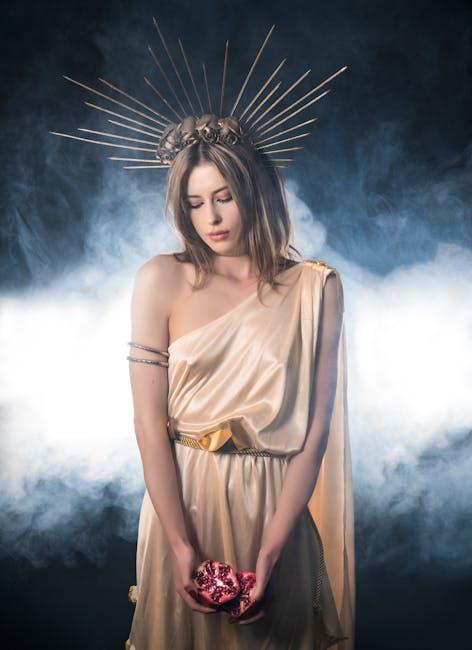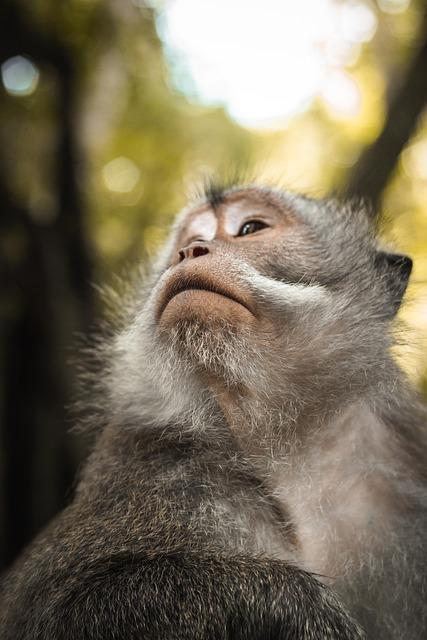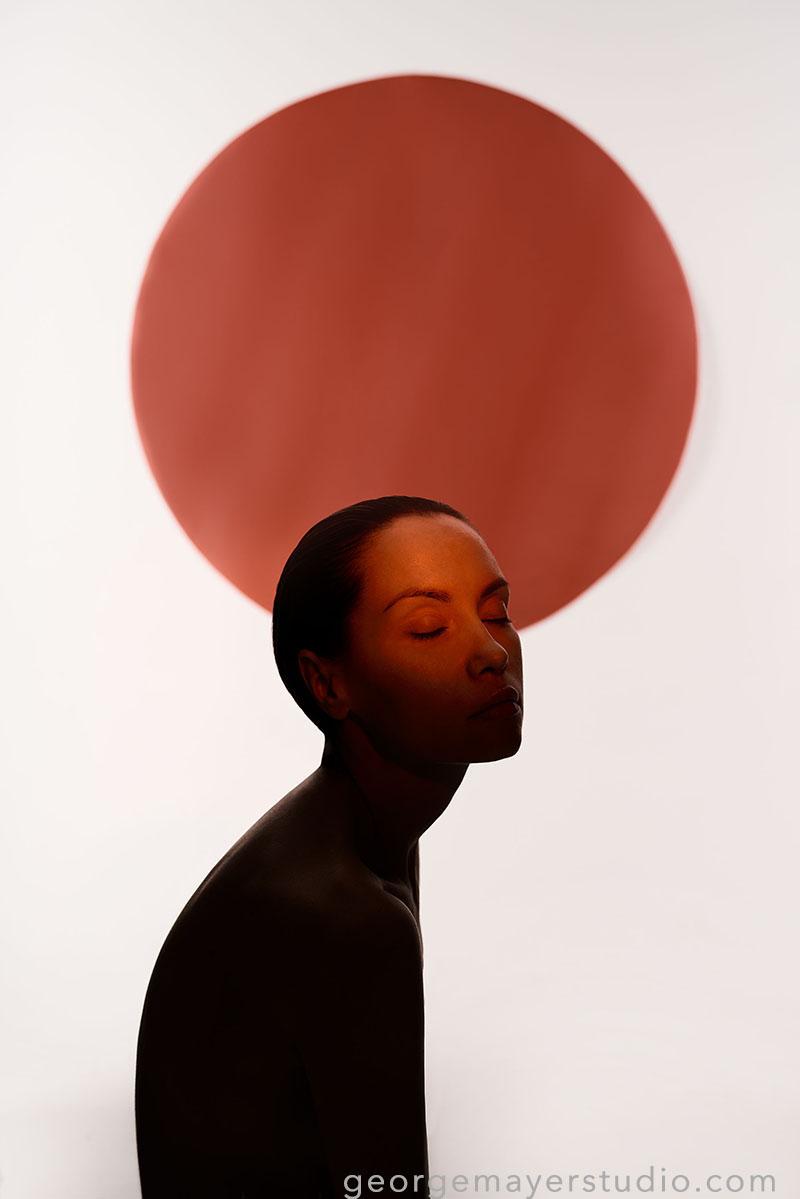In the shadow of olive groves and beneath the azure expanse of the Mediterranean sky, the ancients of Greece discovered a profound practice that transcended the physical realm and delved into the depths of the human psyche. Reflective meditation, a cornerstone of their philosophical and spiritual endeavors, served as both a mirror and a window—revealing the intricacies of the self while offering glimpses into the cosmos. Rooted in the teachings of revered sages like Pythagoras and Socrates, this meditative tradition fostered a unique dialogue between the mind and the soul, a dialogue that sought harmony and enlightenment amidst the chaos of the ancient world. As we journey back to this bygone era, we unravel the threads of a practice that not only shaped individual consciousness but also laid the foundation for Western thought, inviting us to reflect on its enduring legacy in our modern lives.
Exploring the Origins of Reflective Meditation in Ancient Greece
In the heart of ancient Greece, the seeds of reflective meditation took root amidst the vibrant tapestry of philosophy and spirituality. This practice, deeply intertwined with the pursuit of wisdom, was embraced by some of the most illustrious thinkers of the time. Greek philosophers, including Socrates, Plato, and Aristotle, cultivated a profound tradition of introspection and contemplation. Their approach to meditation was not just about seeking inner peace, but also about understanding the complexities of the human condition and the universe. This journey of self-reflection was often undertaken in serene environments, such as the groves of Athens or the sacred grounds of Delphi, where individuals could immerse themselves in the tranquility necessary for deep thought.
Key elements of these ancient practices included:
- Contemplative Dialogue: Engaging in dialogues that challenged one’s beliefs and encouraged deeper understanding.
- Introspective Silence: Embracing periods of silence to foster self-awareness and insight.
- Nature Connection: Utilizing the natural world as a backdrop for meditation, enhancing the reflective experience.
These practices, grounded in a desire for knowledge and enlightenment, laid the foundation for modern approaches to meditation, highlighting the timeless nature of self-discovery and reflection.

Unveiling the Techniques: How Greeks Practiced Introspection
The ancient Greeks developed profound methods to engage in self-reflection and inner exploration. At the heart of their introspective practices was the concept of gnothi seauton, or “know thyself,” an adage famously inscribed at the Temple of Apollo at Delphi. This guiding principle urged individuals to embark on a journey of self-discovery, encouraging a deep understanding of one’s thoughts, emotions, and motivations. The Greeks believed that by examining one’s own nature, a person could achieve a harmonious balance between the mind and the soul.
Their techniques included a variety of practices, many of which resonate with modern reflective meditation. Some of these methods were:
- Philosophical Dialogue: Engaging in discussions that challenged personal beliefs and assumptions, promoting critical thinking and self-awareness.
- Contemplation of Mythology: Reflecting on myths and stories that served as metaphors for personal and moral dilemmas, offering insights into human nature and ethical conduct.
- Tranquil Nature Retreats: Seeking solitude in nature to quiet the mind and connect with the natural world, fostering inner peace and clarity.
Through these practices, the Greeks cultivated a deep sense of introspection, laying the groundwork for many of the reflective techniques we use today.

Philosophical Foundations: The Role of Reflection in Greek Thought
The ancient Greeks embraced reflection as a cornerstone of their philosophical endeavors, embedding it deeply within their intellectual and cultural fabric. This practice was not merely an abstract exercise but a dynamic process of engaging with the world and the self. Reflection served as a bridge between the mundane and the metaphysical, enabling thinkers to question, explore, and ultimately comprehend the complexities of existence. Key figures like Socrates, Plato, and Aristotle utilized reflective meditation to challenge assumptions and foster a profound understanding of concepts such as justice, virtue, and the good life.
- Socratic Method: Socrates championed a dialogical form of reflection, where questions were posed to stimulate critical thinking and illuminate underlying beliefs.
- Platonic Ideals: Plato’s meditative reflections on forms and ideals emphasized transcending the physical to grasp eternal truths.
- Aristotelian Analysis: Aristotle’s systematic approach to reflection involved categorizing and scrutinizing the natural world to derive logical conclusions.
Through these practices, the Greeks not only sought knowledge but also aimed to cultivate an inner harmony that aligned with the cosmos. Reflective meditation was a means of achieving eudaimonia, or flourishing, where intellectual and moral virtues coalesced to form a life well-lived. This ancient tradition of thoughtful introspection continues to influence modern philosophical discourse, demonstrating its enduring relevance and transformative power.

Incorporating Ancient Wisdom: Modern Applications of Greek Meditation Practices
In today’s fast-paced world, the ancient Greek practice of reflective meditation offers a timeless refuge for cultivating inner peace and clarity. These meditative practices, rooted in the philosophical traditions of Stoicism and Epicureanism, emphasize the importance of self-reflection and mindfulness in daily life. By incorporating these age-old techniques, individuals can foster a deeper connection with themselves and their surroundings.
- Stoic Reflection: Engage in daily contemplations on virtues such as courage, wisdom, and temperance. Reflect on personal actions and decisions to align them with these virtues.
- Epicurean Tranquility: Focus on cultivating a state of mental peace by appreciating simple pleasures and reducing unnecessary desires.
- Mindful Observation: Practice the art of observing thoughts without judgment, allowing for greater self-awareness and emotional regulation.
These practices not only serve as a gateway to personal growth but also encourage a harmonious balance between mind, body, and spirit. By integrating these ancient techniques into modern life, one can navigate the complexities of contemporary existence with a sense of grace and equanimity.
Concluding Remarks
As we close the scroll on our exploration of , we find ourselves standing at the intersection of time-honored wisdom and contemporary curiosity. The echoes of philosophers like Socrates and Pythagoras remind us that the quest for inner clarity and understanding is a timeless endeavor. These ancient practices, steeped in contemplation and introspection, offer a lens through which we can view our own modern pursuits of mindfulness. As we navigate the complexities of today’s world, perhaps we can draw inspiration from the serene gardens of ancient Athens, where thinkers once pondered the mysteries of existence. In doing so, we may discover that the art of reflective meditation is not just a relic of the past, but a vibrant thread woven into the fabric of human experience, inviting us to pause, reflect, and ultimately, connect with the deeper currents of our own lives.
